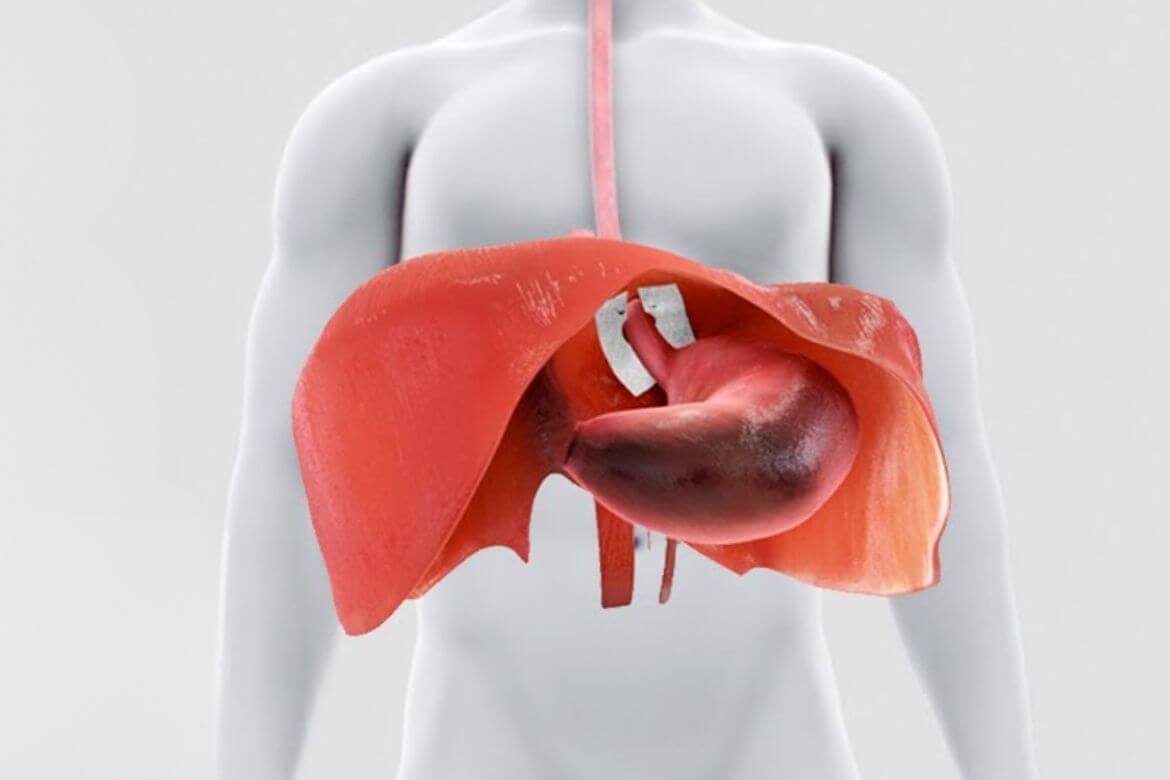Hiatus Hernia Treatment in Pune
Tired of saying no to your favorite foods because of hiatus hernia? The Physio9 Clinic’s Hiatus Hernia Treatment in Pune can help you manage your symptoms and get back to enjoying a delicious and healthy diet!
A hiatal hernia, or hiatus hernia, is a condition where a part of the stomach bulges upward into the chest cavity through the diaphragm. The diaphragm is a large muscle that helps with breathing and separates the chest cavity from the abdomen. This condition can cause symptoms such as heartburn, acidity, and GERD reflux.
There are two main types of hiatus hernias:
1. Sliding hiatus hernias and paraesophageal hiatus hernias. Sliding hernias are more common and occur when the junction between the esophagus and stomach, known as the gastroesophageal junction, and a portion of the stomach slide up into the chest cavity.
2. Paraesophageal hernias are less common, but they can be more serious, as they occur when a portion of the stomach pushes up through the diaphragm next to the esophagus.
Treatment for hiatus hernia focuses on relieving symptoms and preventing complications.
At The Physio9 Clinic, our approach to treating Hiatus Hernia Treatment in Pune includes lifestyle modifications, dietary changes and osteopathy, focusing more on visceral osteopathy to reduce stomach acid. We aim to reduce symptoms and improve your quality of life.
Our experts at The Physio9 Clinic understand the impact that hiatus hernia can have on your life. So, we are committed to providing personalized care and effective treatments to help you manage your symptoms and improve your quality of life.
Our team is dedicated to helping you find relief from the symptoms of hiatus hernia and improve your digestive health.
Take control of your life and contact us to learn more about our hiatus hernia treatment in Pune and start your journey toward better digestive health.







